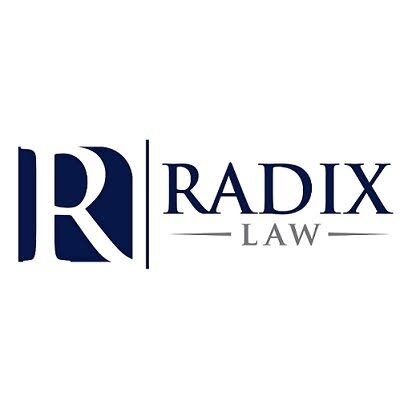Best Communications & Media Law Lawyers in Scottsdale
Share your needs with us, get contacted by law firms.
Free. Takes 2 min.
List of the best lawyers in Scottsdale, United States
About Communications & Media Law in Scottsdale, United States:
Communications & Media Law in Scottsdale, United States pertains to the regulations and legal issues surrounding the dissemination of information, such as through television, radio, print, and digital media. These laws govern areas such as freedom of speech, defamation, copyright, privacy, and intellectual property rights.
Why You May Need a Lawyer:
You may need a lawyer in the field of Communications & Media Law if you are facing issues such as defamation claims, copyright infringement, privacy violations, contract disputes, or regulatory compliance matters. A lawyer can help protect your rights and provide guidance on how to navigate complex legal issues in the communications and media industry.
Local Laws Overview:
In Scottsdale, United States, Communications & Media Law is governed by federal laws such as the Communications Act of 1934, the Telecommunications Act of 1996, and the Digital Millennium Copyright Act. Additionally, there may be state-specific laws that impact media and communication activities within the city.
Frequently Asked Questions:
1. What is defamation?
Defamation is the act of making a false statement about someone that harms their reputation. It can be either slander (spoken defamation) or libel (written defamation).
2. How can I protect my intellectual property rights?
You can protect your intellectual property rights by obtaining copyrights, trademarks, or patents for your creative works or inventions.
3. Can I be held liable for content posted by users on my website?
As the website owner, you may be held liable for user-generated content if you fail to moderate or remove defamatory, infringing, or illegal content.
4. What is fair use in copyright law?
Fair use allows limited use of copyrighted material without permission for purposes such as criticism, commentary, news reporting, or research.
5. What should I do if my privacy rights are violated by a media outlet?
If your privacy rights are violated by a media outlet, you may be able to take legal action for invasion of privacy or other related claims.
6. What are the regulations regarding advertising in the communications industry?
Advertising in the communications industry is regulated by laws that require truthfulness, transparency, and compliance with certain guidelines to protect consumers.
7. Can I use someone else's work in my own content without permission?
Using someone else's work without permission may constitute copyright infringement unless it falls under fair use or you obtain the necessary licensing.
8. What are the consequences of not complying with media regulations?
Not complying with media regulations can result in fines, legal action, reputational damage, and other penalties depending on the severity of the violation.
9. How can I resolve a dispute with a media company over intellectual property rights?
You can resolve a dispute with a media company over intellectual property rights through negotiations, mediation, arbitration, or litigation with the assistance of a legal professional.
10. What should I do if I receive a cease and desist letter for my media-related activities?
If you receive a cease and desist letter, it is important to seek legal advice promptly to understand your rights, evaluate the claims made, and respond appropriately to avoid potential legal consequences.
Additional Resources:
For further information on Communications & Media Law in Scottsdale, United States, you can contact the Federal Communications Commission (FCC), the U.S. Copyright Office, the Digital Media Law Project, or seek guidance from a local law firm specializing in media and communication legal issues.
Next Steps:
If you require legal assistance in Communications & Media Law in Scottsdale, United States, it is advisable to consult with a qualified attorney who can assess your specific situation, provide personalized advice, and represent your interests in legal proceedings if necessary. Research local law firms, schedule consultations, and choose a lawyer with experience in media and communication law to protect your rights effectively.
Lawzana helps you find the best lawyers and law firms in Scottsdale through a curated and pre-screened list of qualified legal professionals. Our platform offers rankings and detailed profiles of attorneys and law firms, allowing you to compare based on practice areas, including Communications & Media Law, experience, and client feedback.
Each profile includes a description of the firm's areas of practice, client reviews, team members and partners, year of establishment, spoken languages, office locations, contact information, social media presence, and any published articles or resources. Most firms on our platform speak English and are experienced in both local and international legal matters.
Get a quote from top-rated law firms in Scottsdale, United States — quickly, securely, and without unnecessary hassle.
Disclaimer:
The information provided on this page is for general informational purposes only and does not constitute legal advice. While we strive to ensure the accuracy and relevance of the content, legal information may change over time, and interpretations of the law can vary. You should always consult with a qualified legal professional for advice specific to your situation.
We disclaim all liability for actions taken or not taken based on the content of this page. If you believe any information is incorrect or outdated, please contact us, and we will review and update it where appropriate.








